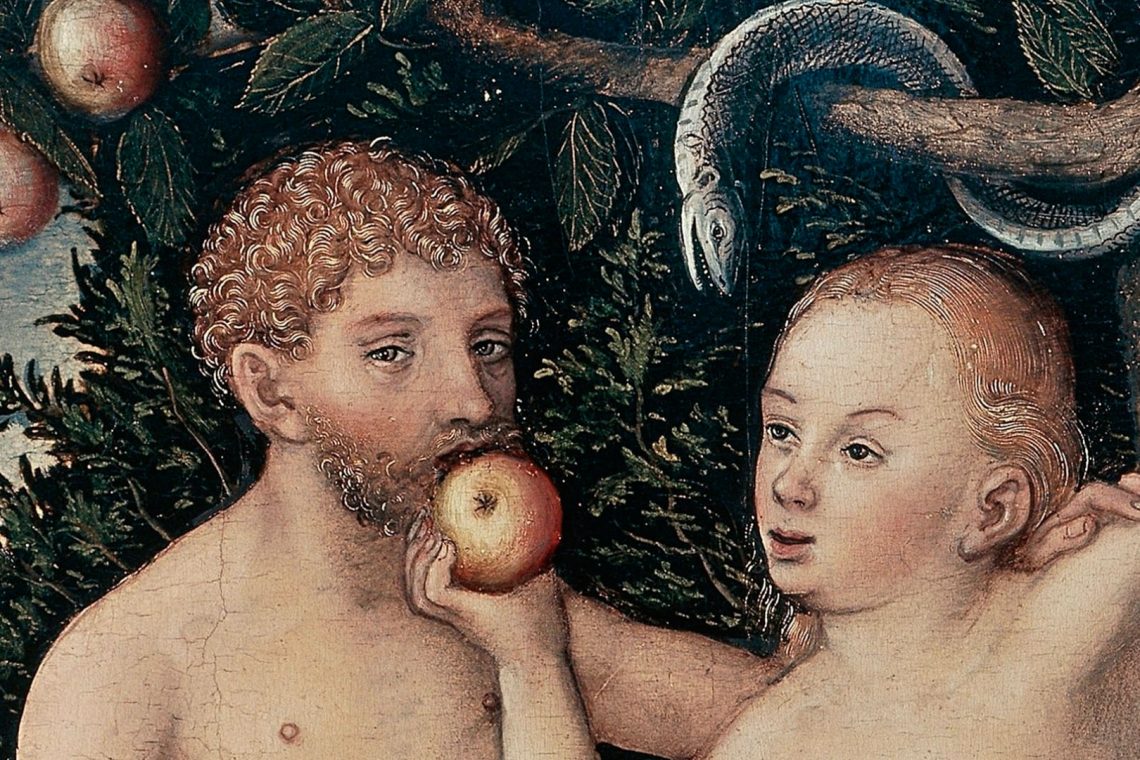Righteousness (4)
1 Comment
Righteousness is not a visibility of a worn toga. It is the covering raiment for the regenerated soul. Not visible to the naked eyes, it becomes apropos for the corporeality of the redeemed to interpret the honourificabilitudinitatibus of the new man in Christ. Who is this new man? He is revealed in Colossians 3:9-10, which reads, “…seeing that ye have put off the old man with his deeds; 10) And have put on the new man, which is renewed in knowledge after the image of him that created him:” The new man is the creation of the Lord Jesus of whom the Scripture says, “…and without him was not any thing made that was made” [John 1:3]. The new man’s spiritual locale is found in his Maker. 2Corinthians 5:17, “Therefore if any man be in Christ, he is a new creature: old things are passed away; behold, all things are become new.”Read More




